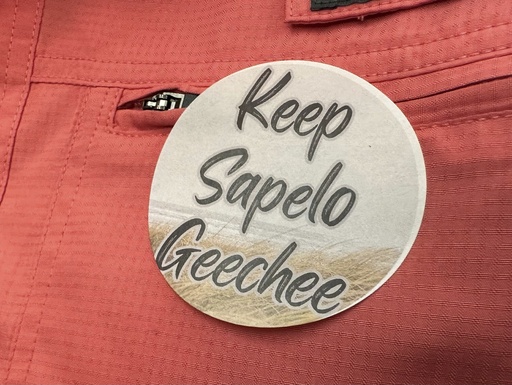In Savannah, Georgia, McIntosh County residents are concerned about zoning changes that could impact the historic Gullah-Geechee community of Hogg Hummock, settled by descendants of Black slaves. Attorney Ken Jarrard informed Judge Harold Webster that citizens cannot challenge county zoning decisions with a referendum, as Georgia’s constitution does not allow overturning such decisions.
Hogg Hummock, situated on Sapelo Island, was founded by formerly enslaved individuals from Thomas Spalding’s plantation. The community, housing around 30 to 50 Black residents, has retained its Gullah-Geechee heritage due to its isolated location. The residents fear that weakening zoning restrictions could lead to property tax hikes and land sales that may disrupt their generational ties to the area.
Despite a petition with over 2,300 signatures seeking a referendum on the zoning changes, Jarrard argued that it would be unconstitutional to allow voters to overturn the county’s decision. He emphasized Georgia’s constitution grants counties exclusive authority over zoning matters, making referendum results invalid if they clash with constitutional provisions or state laws.
Attorney Dana Braun, representing the petition organizers, disputed McIntosh County’s legal grounds for challenging the petition, citing a previous Georgia Supreme Court ruling. Meanwhile, county officials defend the zoning changes by stating the previous size limits were inadequate for families and difficult to enforce, leading to the adjustments made in September.
While Hogg Hummock residents are pursuing both referendum and legal avenues to contest the zoning changes, a judge has dismissed the initial lawsuit on technical grounds, prompting a refile of the case. The community fears the alterations could ultimately jeopardize their cultural heritage and way of life.


